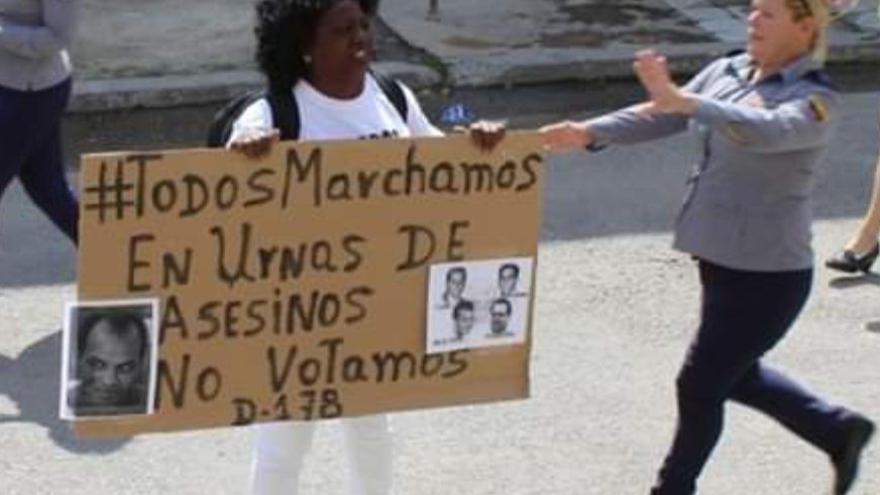- Joined
- May 6, 2016
- Messages
- 1,908
- Reaction score
- 489
- Location
- Colorado
- Gender
- Male
- Political Leaning
- Independent
In February 2019, Cuban voters overwhelmingly voted in favor of a new constitution. How much may you ask? 90.61% of the votes went in favor of it. And in case you were wondering how many people bothered to show up, the referendum had a 90.15% turnout (easily higher than in the US). A rigged or lopsided election/referendum would probably have a much lower turnout.
Now some of you may be wondering what in the constitution would make Cuba no longer a communist country. Well, one of the provisions incldued the recognition of private property. The reason this goes against communism is because as Marx himself said "the theory of communism may be summed up in one sentence: abolish all private property".
Other provisions include the recognition of foreign investment and gay marriage, presumption of innocence in court, and even a maximum age limit of 60 years for any president of Cuba beginning their first term.
Now some of you may be wondering what in the constitution would make Cuba no longer a communist country. Well, one of the provisions incldued the recognition of private property. The reason this goes against communism is because as Marx himself said "the theory of communism may be summed up in one sentence: abolish all private property".
Other provisions include the recognition of foreign investment and gay marriage, presumption of innocence in court, and even a maximum age limit of 60 years for any president of Cuba beginning their first term.

